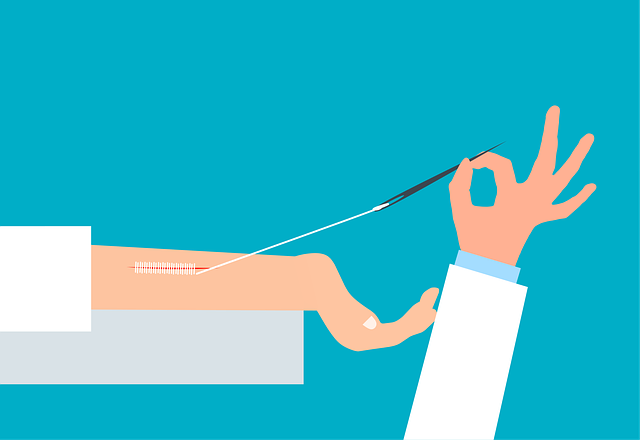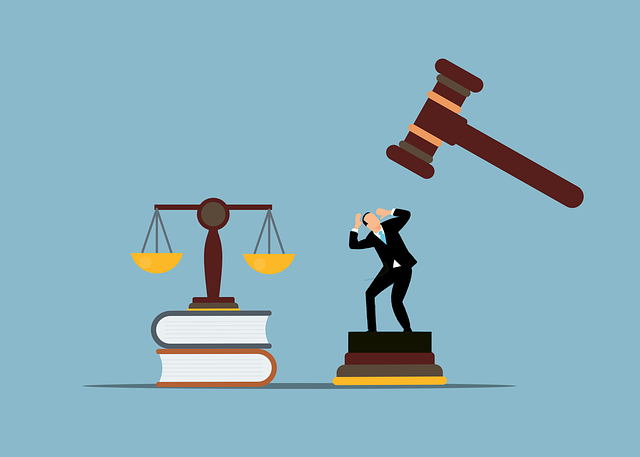Multiple dog attacks are rare but severe, causing physical injuries and long-term disabilities. Emotional trauma is profound, leading to fear, anxiety, and PTSD. Recovery is complex, individualized, and often lengthy, requiring rehabilitation, counseling, and tailored support. Legal complexities arise from liability disputes and insurance claims, necessitating consultation with personal injury lawyers. Each victim's healing path is unique.
A multiple dog attack can have devastating consequences, often leading to long-term disabilities for victims. This profound event impacts not only physical health but also mental well-being. Understanding the unique challenges of such attacks is crucial for providing adequate support and care to survivors. From managing immediate injuries to navigating emotional trauma and facilitating recovery, this article explores the multifaceted aspects of healing from a multiple dog attack, offering insights into the resources available to aid those affected.
- Understanding the Impact of Multiple Dog Attacks
- Physical and Emotional Injuries: Long-Term Effects
- Recovery, Rehabilitation, and Supporting Survivors
Understanding the Impact of Multiple Dog Attacks

A multiple dog attack, while rare, can have severe consequences for victims, often resulting in long-term disabilities. Unlike a single dog bite, which is usually a direct interaction between an individual and a pet, multiple dog attacks involve several dogs acting in concert, amplifying the physical and psychological trauma. The impact of such incidents extends beyond immediate injuries, potentially leading to lasting effects on a person’s mobility, mental health, and overall quality of life.
Partnership disputes may arise after these attacks, especially when determining liability and responsibility for the dogs’ actions. In some cases, it can lead to complex legal situations, particularly if insurance claims or accident lawyer consultations are involved. A slip and fall could occur during a rescue attempt or as a direct result of trying to escape from the attacking dogs, adding another layer of complexity to potential compensation claims.
Physical and Emotional Injuries: Long-Term Effects

A multiple dog attack can result in a range of physical and emotional injuries that extend far beyond the immediate trauma. Victims may suffer from severe lacerations, puncture wounds, fractures, and even internal organ damage. The impact of such attacks can lead to long-term disabilities, including reduced mobility, chronic pain, and disfigurement. These injuries not only affect one’s physical health but also take a significant emotional toll.
The psychological scars from a multiple dog attack are profound. Survivors often experience intense fear, anxiety, and post-traumatic stress disorder (PTSD). The trauma can disrupt daily life, making it challenging to return to normal activities, work, or even social situations. Seeking support from mental health professionals is crucial for managing these emotional injuries, which may have lasting effects on a person’s overall well-being, similar to the impacts of car accidents or real estate litigation when severe enough. Engaging the services of a personal injury attorney Miami FL is often necessary to secure compensation for both physical and psychological recovery, ensuring victims receive the care and support they need.
Recovery, Rehabilitation, and Supporting Survivors

Recovery from a multiple dog attack can be a lengthy and challenging process for survivors. The physical wounds are often just the beginning; many victims experience long-term disabilities that require extensive rehabilitation. This phase involves various therapies, including physical therapy to regain strength and mobility, occupational therapy to adapt to daily living activities, and sometimes speech therapy if communication skills have been affected.
Rehabilitation is not merely about healing injuries but also supporting survivors emotionally. Many people struggle with post-traumatic stress disorder (PTSD) after such an incident, requiring counseling and psychological support. Building a strong support system is crucial for recovery; this can include family, friends, or support groups specifically designed to help dog attack survivors navigate their new reality. It’s important to remember that healing is a journey, and each survivor will have unique needs and challenges, especially when comparing cases of auto accident injuries or medical negligence caused by multiple dog attacks.
A multiple dog attack can have devastating consequences, leading to long-term physical and emotional disabilities. Understanding the impact of these incidents is crucial for supporting survivors through recovery and rehabilitation. By recognizing the unique challenges faced by those affected, we can foster a more compassionate response to multiple dog attacks, ensuring survivors receive the necessary care and support to rebuild their lives.






